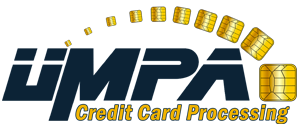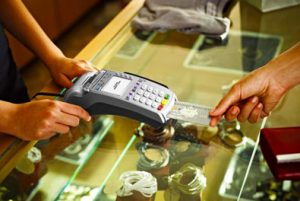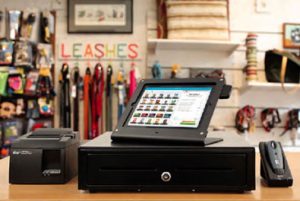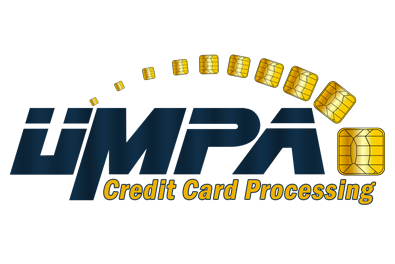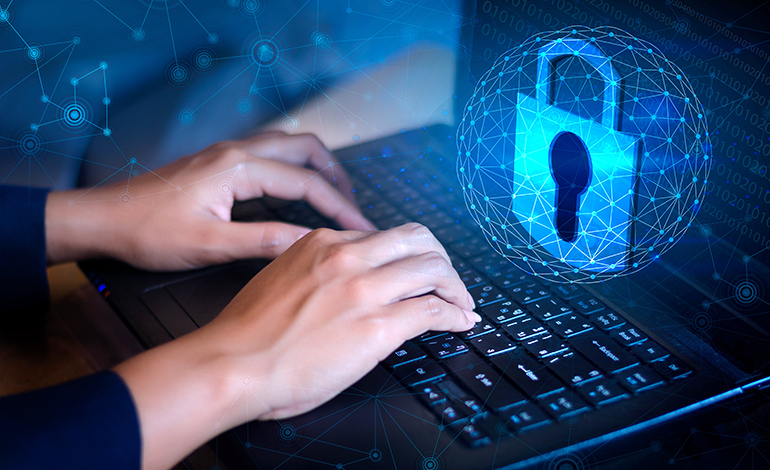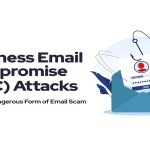How recent world events should keep you and your business on your toes.
With the recent invasion of Ukraine by the Russian Federation, there have been renewed calls by cybersecurity experts to be on alert for cyberattacks by foreign agents seeking to cripple the US economy. US-based businesses already tend to be targeted for cyberattacks, and with the recent disruption in Europe, criminals are taking this opportunity to make an impact wherever they can. While larger corporations may have massive cybersecurity teams to help mitigate any failures, small businesses maybe are feeling like they are in the dark about what to do next. Here are some important tips for digitally securing your business.
Use reliable anti-virus software.
Anti-virus software is necessary for any business, whether you are running Windows or macOS. Anti-virus software helps protect your computer and system from malware (computer programs that either hack data off your computer), and ransomware (programs that deny you access to your computer unless you pay a ransom, usually in untraceable cryptocurrencies). Learn about some recommended anti-virus software options from Tech.co.
Use complex passwords.
You wouldn’t believe it, but the most common passwords of 2021 were: 123456, qwerty, and password. It sounds like simple advice but uses complex passwords, with a combination of letters, numbers, and symbols. Consider using a different password for each of your accounts you use, it helps prevent cross-hacking, where access to one account with a login may be used to access another account.
Ignore suspicious emails!
Phishing is the practice by fraudsters used to try to trick you into thinking their email is from a legitimate source. Usually, it’s some ominous warning that your password has expired, your access has been locked out, someone else is trying to access your account and you need to reset your password, etc. They aim to get you to manually input your username, password, email address, phone number, bank account numbers, credit card numbers, you name it! Often they impersonate big companies that you may have a service with. Be careful, and always check the incoming email address to ensure that it is legitimate or not. For more information on phishing with some statistics for 2021, read more here.
